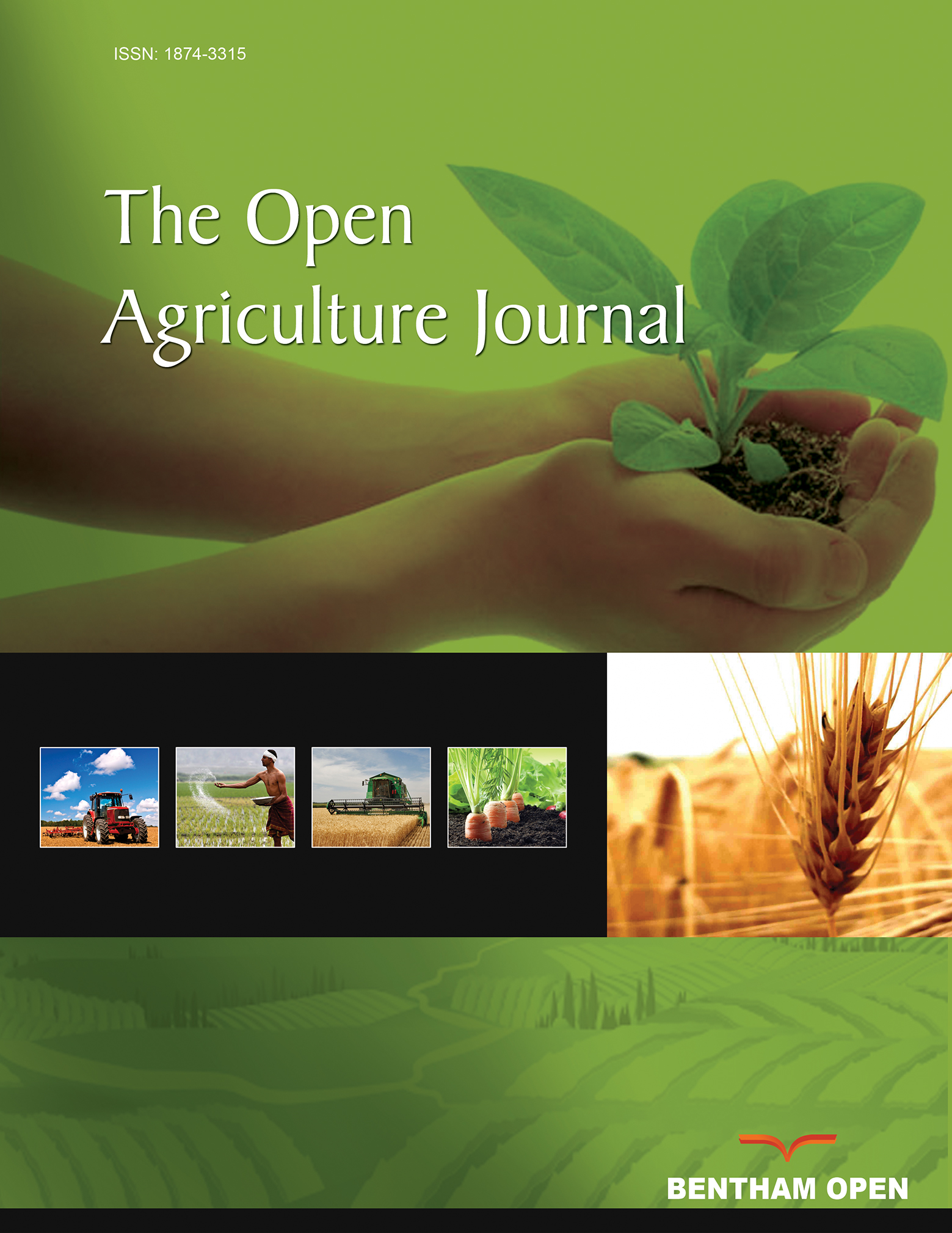All published articles of this journal are available on ScienceDirect.
Enhancing Organic Carbon Content in Tropical Soils: Strategies for Sustainable Agriculture and Climate Change Mitigation
Abstract
Background:
Tropical soils are characterized by low soil organic carbon (SOC) contents, which can negatively impact soil fertility, water retention, overall agricultural productivity, and food security.
Objective:
This paper aimed to review and synthesize the current body of literature on the restoration of SOC in tropical soils.
Methods:
A total of about 152 related articles were downloaded from electronic journal databases using search keywords, such as organic carbon (OC), conservation tillage, intercropping, biochar, and tropical soil. We discussed conservation tillage practices, such as reducing soil disturbance and respiration from the soils, as a means to promote soil OC sequestration. We also highlighted the importance of crop residue retention, which not only increases organic matter inputs and soil nutrients but also promotes soil water retention and reduces soil erosion.
Results:
Cover crops and crop rotation are identified as effective practices to cover bare ground during planting seasons, reduce erosion, and prevent nutrient losses through leaching and runoff. Additionally, we review the role of fertilizer application, manure and compost application, intercropping, agroforestry, and biochar as strategies to enhance OC content in tropical soils. We highlight the benefits of incorporating organic amendments, such as manure and compost, to improve soil structure and water-holding capacity. Furthermore, we discuss the potential of biochar, a carbon-rich material produced from biomass pyrolysis, as a strategy to sequester OC in tropical soils.
Conclusion:
Overall, this review provides insights into various strategies that can be implemented to increase the OC content of tropical soils, which can have multiple benefits for soil health, agricultural productivity, and climate change mitigation. Further research and implementation of these practices can contribute to mitigating climate change, conserving soil resources, and promoting sustainable agriculture in tropical regions.


